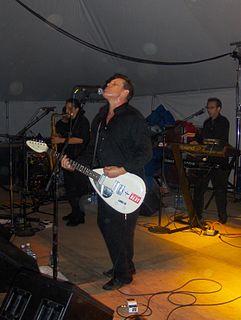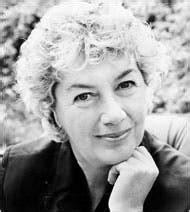A Quote by Paul Auster
When the publisher here in America wanted to put the word "memoir" on the title page [of 'Winter Journal'] and on the cover, I said, "No, no, no, no, no, no." No genre whatsoever. It's an independent work not really connected to those things at all.
Related Quotes
Autobiographical writings, essays, interviews, various other things... All the non-fiction prose I wanted to keep, that was the idea behind this collected volume, which came out about few years ago. I didn't think of Winter Journal, for example, as an autobiography, or a memoir. What it is is a literary work, composed of autobiographical fragments, but trying to attain, I hope, the effect of music.
My children haven't read 'Winter Journal'. They have read some of my work, but I really don't foist it on them. I want them to be free to discover it in their own good time. I think reading an intimate memoir by your father - or an intimate autobiographical work, whatever we want to call this thing - you have to come at it at the right moment, so I'm certainly not foisting it upon them.
When I say my work is travel, that's what I'm doing. And part of being biracial and multicultural is I'm always playing with genre and genre expectations. So even if I say I'm doing straight memoir, you'll see that I'm doing weird stuff with the structure. I've got images, I've got lyrics, and I've got journalism. I really try to not get stuck in genre expectations.
I say at the very end of "Winter Journal" that I do dream about my father often. I think I have a tremendous compassion for him, which has grown over the years. A certain kind of pity for him also in that he was so unrealised as a human being, so dogged, and so shut-off from people in many ways. You know, I've been writing another book, and it's another non-fiction autobiographical work, kind of a compliment to "Winter Journal", and it's just finished.
Novels are completed when they are finished, but the memoir changes its own conclusion by virtue of being written... I was not at all the same person, when I handed the manuscript to the publisher, as I had been when I began. A memoir may always be retrospective, but the past is not where its action takes place.






























